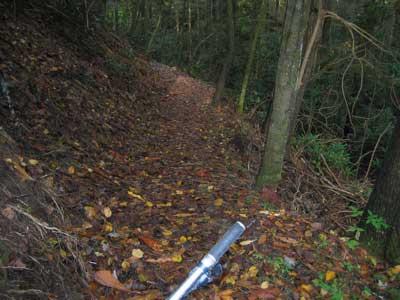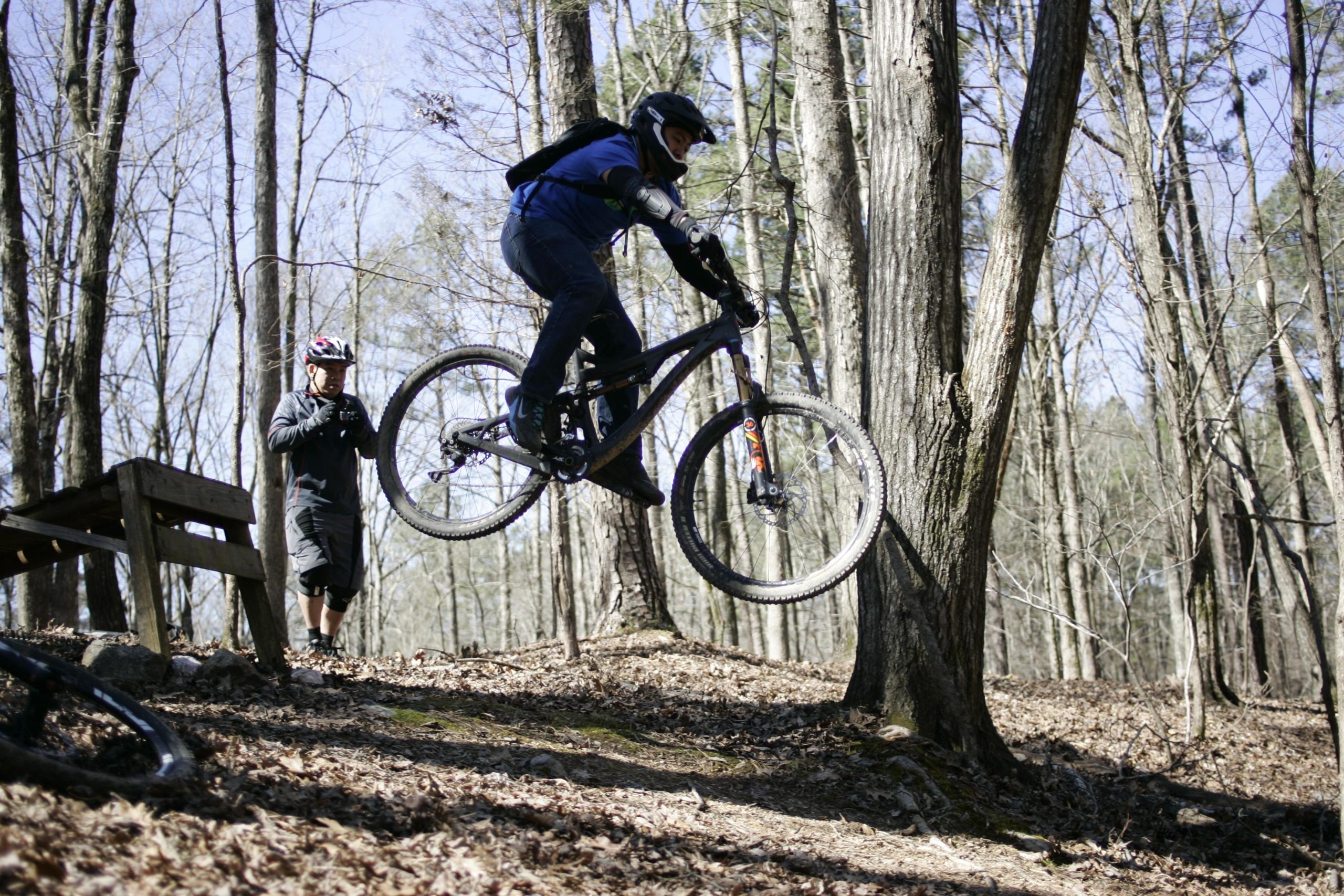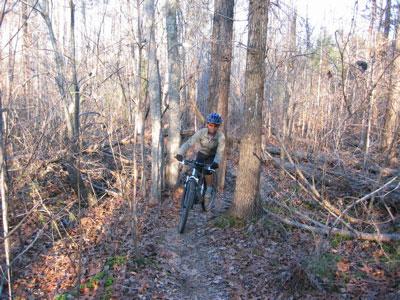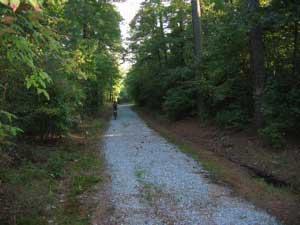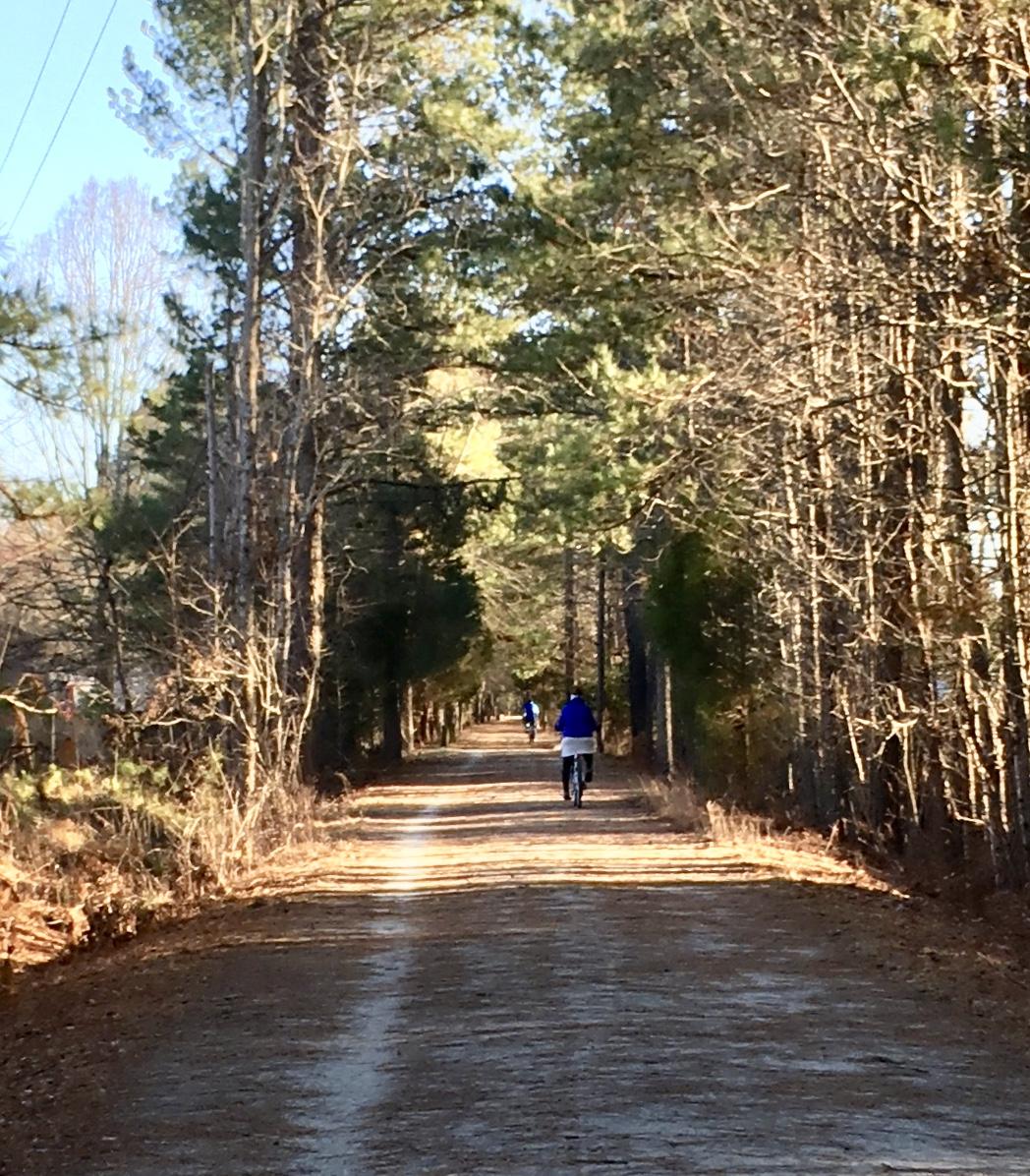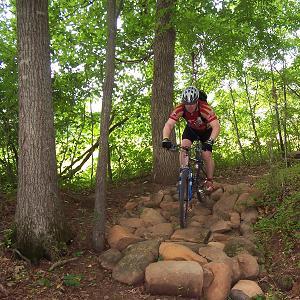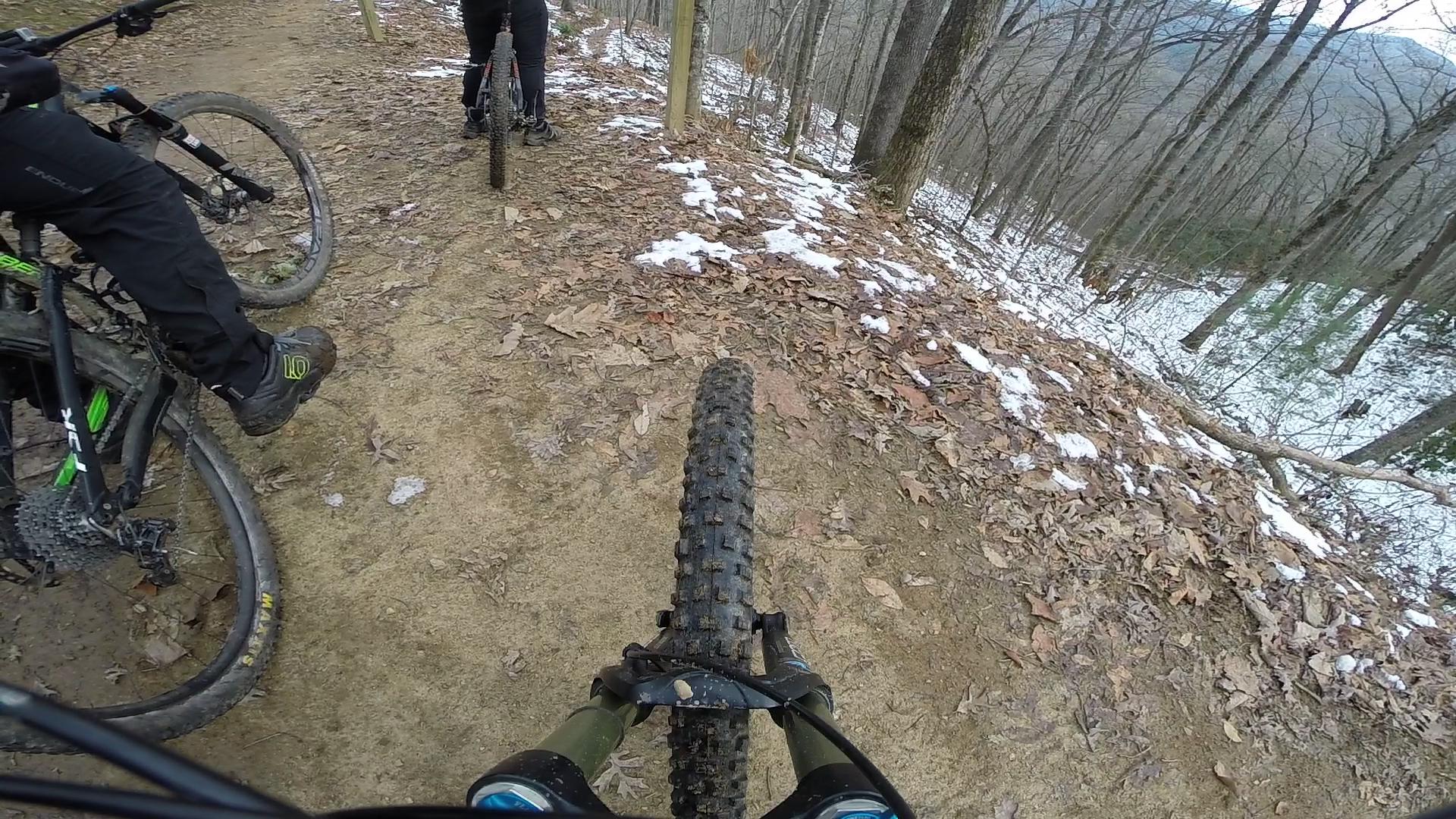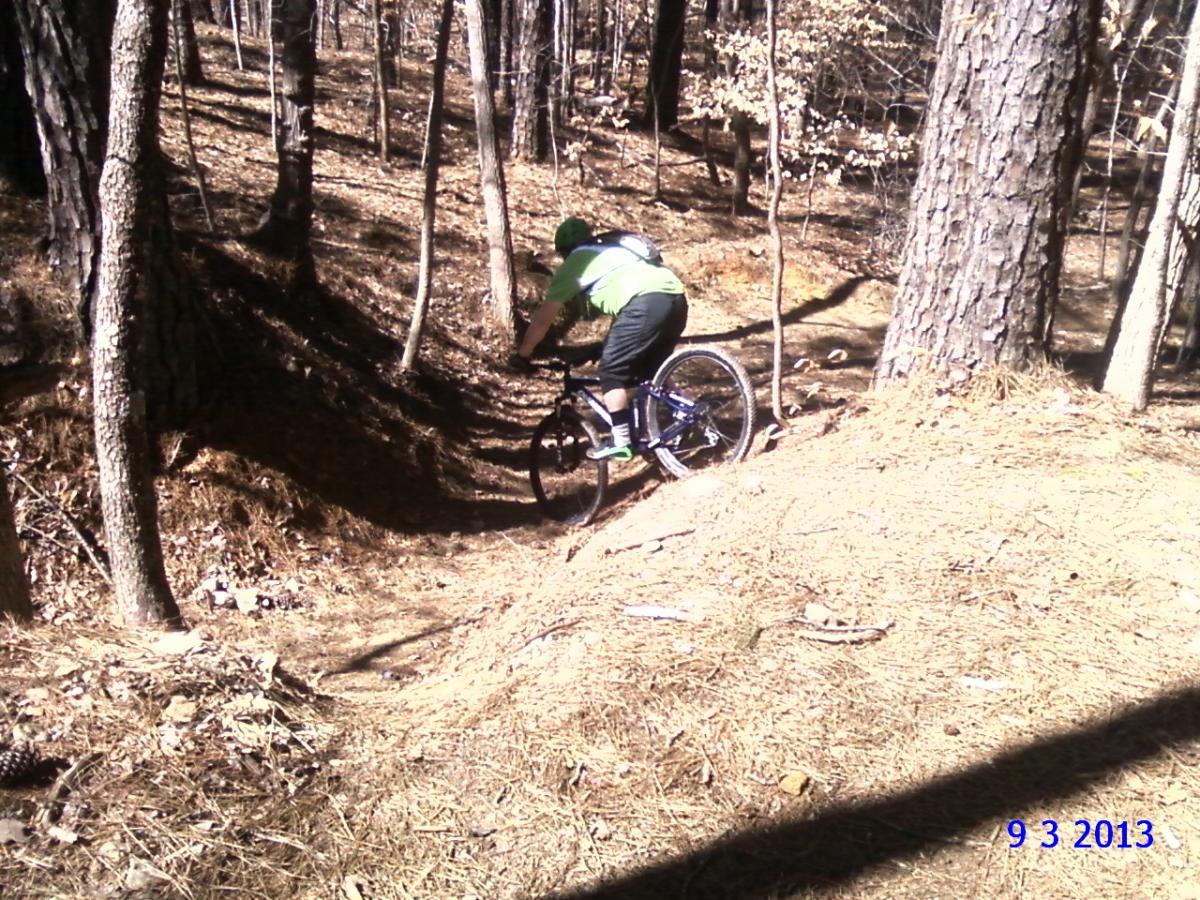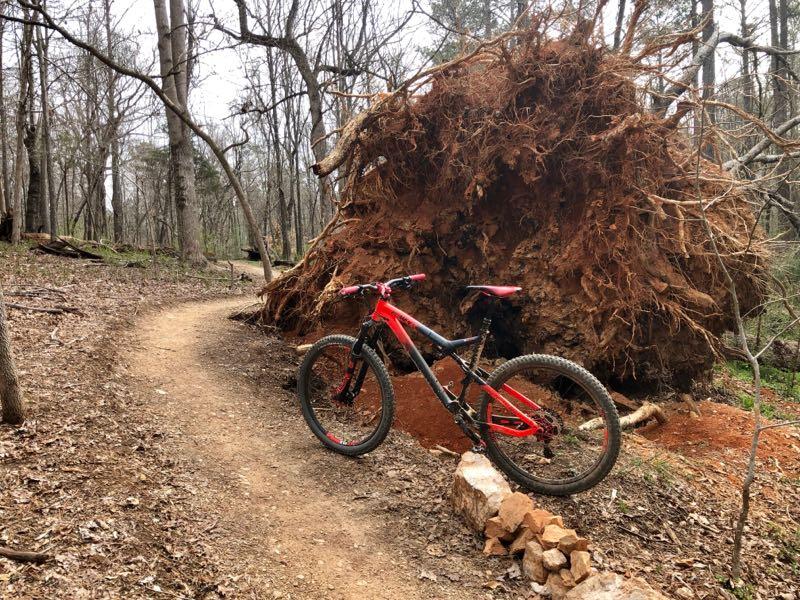North Carolina: Area Description
North Carolina is located in the southeastern parts of the US. It's bordered by Virginia to the north, South Carolina to the south, Tennessee to the west, and the Atlantic Ocean to the east.
This state covers an area of 53,819 square miles. The land has a Minimum Elevation of 700 ft and a Maximum Elevation of 6,684 ft.
Generally, the geography of this state is quite diversified. It features coastal plains, rolling hills, and mountains.
The eastern part of Northern Carolina features a Coastal Plain, which occupies over half of the state and runs along the coastline. This region is majorly characterized by a low-lying and flat landscape. It also contains many sounds, bays, and estuaries, such as Pamlico Sound, Albemarle Sound, and the Neuse River. Additionally, it features the state's barrier islands, like the Outer Banks, which is a popular tourist destination.
The Appalachian Mountains, which include the Great Smoky Mountains and the Blue Ridge Mountains, dominate the western region of North Carolina.
| Land area (sq. m; sq. km) |
139,390 km2 |
| Minimum Elevation |
700 ft |
| Maximum Elevation |
6,684 ft |
Demographics of North Carolina
Currently, North Carolina has a population of 10.6 million people. Most people are also young, with the population median being 39.8.
The racial composition of this state is quite diverse, with Whites being the majority. Here is a detailed breakdown.
- White- 64.8%
- African Americans- 22.5%
- Hispanic- 9.8%
- Asian- 1.4%
- Mixed race- 1.4%
- Native American- 1.6%
Approximately 88.7% of the adults living in North Carolina have a high school diploma and above, which is quite low compared to the national average.
Different sectors, including agriculture, manufacturing, banking, and technology, support the state's economy. Most major businesses offering employment opportunities are based in big cities, such as Charlotte, Raleigh, and Durham.
North Carolina has a relatively low cost of living compared to other states. According to research, the cost of living index stands at $94.8, lower than the national average.
In terms of religion, most people in North Carolina are Christians, with the main denominations being Protestantism and Catholicism. On average, Christians represent about 75% of the population. The other percentage represents other religions such as Judaism, Islam, Buddhism, and Hinduism. Some people in the state also don't identify with any religion.
| Total population (thousands, million) |
10,698,973 |
| Population density (persons per sq. km) |
84.80/km2 |
Climate of North Carolina
North Carolina has a varied climate due to its geographical location, with coastal sections experiencing different conditions compared to the mountainous areas.
The eastern and central parts of the state normally experience hot summers with temperatures typically ranging between the 85°F to 93°F. Additionally, the area experiences high humidity levels during this period which makes the temperatures feel too hot. Thunderstorms are also common during this time. Typical winter temperature ranges from 35°F to 55°F, making it a fairly moderate season. Coastal areas may experience hurricanes, which cause heavy rain and strong winds from August to October.
Western parts of North Carolina are generally cooler due to the higher height of the Appalachian Mountains. The average temperature throughout the summer months ranges from the 75°F to 82°F. Winters are normally colder, with temperatures ranging from 25°F to 45°F. During this period, the area receives snow and ice storms.
North Carolina's spring and fall are mild. On average, the region experiences temperatures of between 55°F to 75°F. The best thing about this season is the changing foliage which attracts many tourists.
The ideal time to bike in North Carolina depends on the region you intend to visit. If you plan to bike in coastal or mountainous areas, fall is the best time since the temperatures are mild, allowing you to bike for a long time without getting exhausted. Fall months also offer beautiful views since leaves normally change color during this period. The crowds are also fewer allowing you to enjoy biking privately.
Another ideal time to bike in the mountainous areas is during spring. Besides cooler temperatures, there are fewer bugs compared to other months, like summer.
Due to the high humidity levels and blazing heat in the summer, biking in North Carolina can be difficult. However, if you intend to bike in coastal areas, early-morning or late-night trips may be more convenient.
Winter seasons are not ideal for biking in the area since the trails are usually slippery and the temperatures are extremely cold. Nevertheless, you can still try if you're an avid biker.
Average temperature by months and seasons
| Month |
Average Temperature |
| January |
41 °F |
| February |
44 °F |
| March |
51 °F |
| April |
60 °F |
| May |
68 °F |
| June |
77 °F |
| July |
80 °F |
| August |
78 °F |
| September |
72 °F |
| October |
61 °F |
| November |
51 °F |
| December |
44 °F |
Infrastructure
North Carolina has a diverse and extensive infrastructure system that supports the state's economy, residents, and businesses.
One of the best things about this state is its extensive transportation system, including highways, railways, airports, and seaports. It has a network of over 77,000 miles of highways and major interstates like I-40, I-85, and I-77, connecting it to neighboring states and major markets. The railway system in this region is also well-developed. Examples of airports in the region include:
- Raleigh-Durham International Airport
- Piedmont Triad International Airport
This area also features several established hotels ranging from cost-friendly options to luxury resorts, allowing you to choose one that suits your needs and budget. These hotels offer different facilities, such as fitness centers and spas. Moreover, they provide tourists with accommodation services, allowing you to stay in the area for some time and explore many hiking trails.
Sights and Landmarks in North Carolina
North Carolina has many sights and landmarks attracting local and international tourists. Here are the best examples.
- North Carolina Zoo- This zoo in Asheboro features several wild animal species attracting local and international tourists.
- The Biltmore Estate- a historic mansion with large gardens and grounds, is located in Asheville.
- New River, that allows locals and tourists to enjoy outdoor activities such as kayaking, canoeing, and tubing.
- Wright Brothers National Memorial- Wright Brothers National Memorial is a well-known spot in Kitty Hawk. This is the place where the Wright Brothers' first powered flight took place.
FAQ about trails in North Carolina
Are there trails in North Carolina that are comfortable for beginners to ride?
North Carolina features several beginner-friendly biking trails. These trails are generally flat and have few twists and bends, allowing you to maneuver easily. Examples of beginner-friendly trails in this area include American Tobacco Trail and the Neusiok Trail
Does North Carolina offer guided bike tours?
Most biking trails in North Carolina offer guided bike tours which provide tourists with knowledge about the region's natural and cultural past. Examples of biking trails that offer guided tours in this region include Appalachian Trail and Blue Ridge Parkway.
Do trails in North Carolina offer bike rental options?
Some trails in this region offer bike rental options, meaning you don't have to come with one from your home. This service offers convenience to many international visitors.

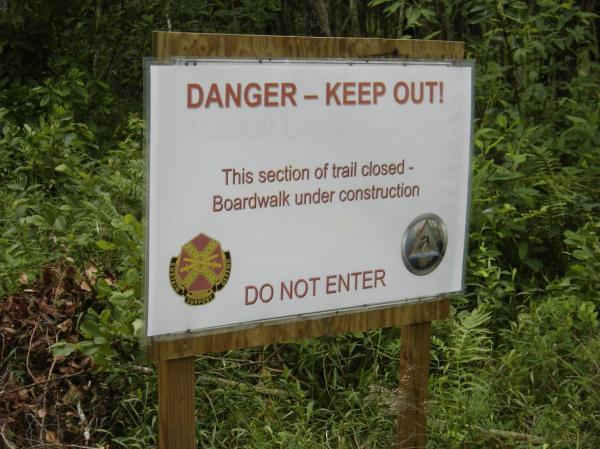
 8 mi
8 mi
